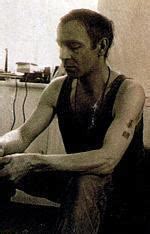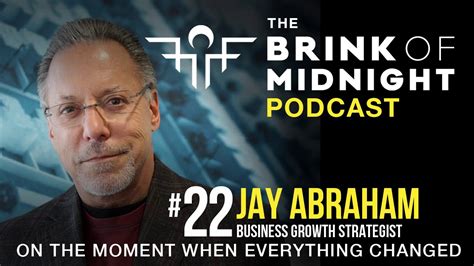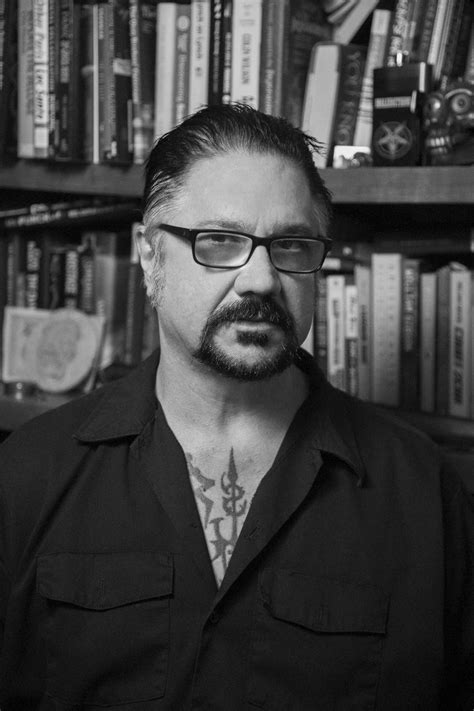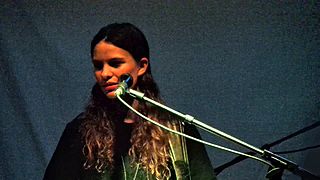A Quote by Martin Millar
I go through the text making sure I haven't used any big words. If I find any fancy adjectives have crept in, I replace them with small words like 'nice' and 'big'. I've liked these words ever since I was told not to use them in English class at school. After that, I check that the sentences are short so as people won't get confused and I shorten all the chapters so they won't get bored. I can't read anything complicated these days, my attention span is too short. Everyone else probably feels the same.
Quote Topics
Adjectives
After
Any
Anything
Attention
Attention Span
Big
Bored
Chapters
Check
Class
Complicated
Confused
Days
Else
English
English Class
Ever
Everyone
Everyone Else
Fancy
Feels
Find
Get
Go
Like
Liked
Making
Nice
People
Read
Replace
Same
School
Sentences
Short
Since
Small
Small Words
Span
Sure
Text
Them
These Days
Through
Too
Too Short
Use
Used
Words
Related Quotes
Words are delicate instruments: How to use them so that, after having read the poem, the taste remaining is not of the words themselves, but of a thought, a situation, a parallel reality? If not used appropriately, words in poetry are like the ugly remains of food after eating. What I mean is that readers will reject words if they don't serve to shift attention from themselves to somewhere else.
Happy," I muttered, trying to pin the word down. But it is one of those words, like Love, that I have never quite understood. Most people who deal in words don’t have much faith in them and I am no exception – especially the big ones like Happy and Love and Honest and Strong. They are too elusive and far to relative when you compare them to sharp, mean little words like Punk and Cheap and Phony. I feel at home with these, because they’re scrawny and easy to pin, but the big ones are tough and it takes either a priest or a fool to use them with any confidence.
I have the right ideas, but my words are too... complicated. I need to simplify them, so that people won't get lost in the dark when they see and hear them. I want them to shine like beacons of light in a world of overly complicated darkness. One day I will find the right words, and they will be simple.
Make your copy straightforward to read, understand and use. Use easy words; those that are used for everyday speech. Use phrases that are not too imprecise and very understandable. Do not be too stuffy; remove pompous words and substitute them with plain words. Minimize complicated gimmicks and constructions. If you can't give the data directly and briefly, you must consider writing the copy again.
He should have known better because, early in his learnings under his brother Mahmoud, he had discovered that long human words (the longer the better) were easy, unmistakable, and rarely changed their meanings, but short words were slippery, unpredictable changing their meanings without any pattern. Or so he seemed to grok. Short human words were never like a short Martian word - such as grok which forever meant exactly the same thing. Short human words were like trying to lift water with a knife. And this had been a very short word.
I’m not too keen on talking. I always have the feeling that the words are getting away from me, escaping and scattering. It’s not to do with vocabulary or meanings, because I know quite a lot of words, but when I come out with them they get confused and scattered. That’s why I avoid stories and speeches and just stick to answering the questions I’m asked. All the extra words, the overflow, I keep to myself, the words that I silently multiply to get close to the truth.
Writing simply means no dependent clauses, no dangling things, no flashbacks, and keeping the subject near the predicate. We throw in as many fresh words we can get away with. Simple, short sentences don't always work. You have to do tricks with pacing, alternate long sentences with short, to keep it vital and alive.... Virtually every page is a cliffhanger--you've got to force them to turn it."~
The dictionary is like a time capsule of all of human thinking ever since words began to be written down. And exploring where words have come from can increase your understanding of the words themselves and expand your understanding of how to use the words, and all of this change happens in your thinking when you read the words.






































